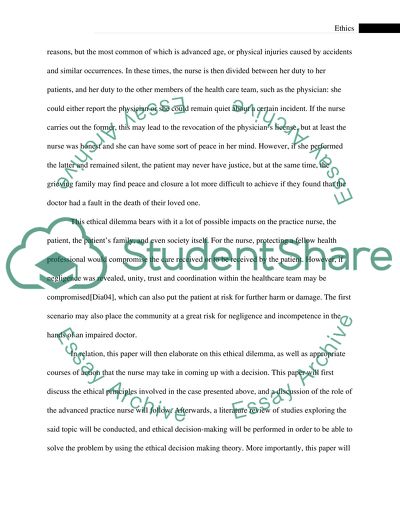Cite this document
(“Ethics Essay Example | Topics and Well Written Essays - 2000 words - 1”, n.d.)
Retrieved from https://studentshare.org/nursing/1429784-ethics-working-with-an-impaired-physician
Retrieved from https://studentshare.org/nursing/1429784-ethics-working-with-an-impaired-physician
(Ethics Essay Example | Topics and Well Written Essays - 2000 Words - 1)
https://studentshare.org/nursing/1429784-ethics-working-with-an-impaired-physician.
https://studentshare.org/nursing/1429784-ethics-working-with-an-impaired-physician.
“Ethics Essay Example | Topics and Well Written Essays - 2000 Words - 1”, n.d. https://studentshare.org/nursing/1429784-ethics-working-with-an-impaired-physician.


